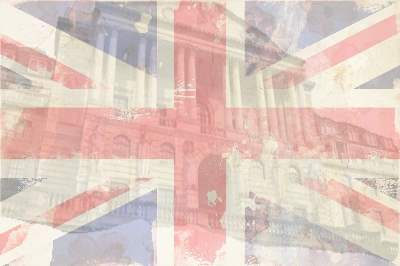Bank of England Folly
Published / Last Updated on 02/08/2017

Bank of England Folly.
Today, by a majority of 6:2, the Bank of England Monetary Policy Committee (MPC) voted to keep interest rates at the historic low of 0.25% pa. They cited a slow-down in the economy with UK growth forecasts cut from 1.9% for this year down to 1.7% and 1.7% for next year cut to 1.6%. Inflation is set to rise for the next 2 or 3 years higher than earnings inflation meaning we will have less money in our pockets to spend.
In the small print though, the Bank also confirmed that it would be ‘printing’ another £15bn and putting it in the Term Funding Scheme, a scheme set up for high street banks to borrow money from to directly lend to consumers at competitive rates. In short, despite all the talk over the last few weeks of the Bank of England and the Financial Conduct Authority requiring banks to look at their capital reserves and ensure they have plans in place for a Brexit shock, they are still encouraging banks to lend even more money to us to get us to spend more to shore up the local economy.
Guess what the £ did? It fell after strengthening for the last few weeks ahead of interest rate increase speculation.
Guess what the FTSE 100 did? It went up on the back of a weak pound as the larger FTSE 100 companies earn profits overseas and then convert back into a weaker sterling meaning artificially even more profits.
The key word: “artificial”.
We have said all along that this is a recipe for disaster, a bubble is growing and bubbles always burst. The question is when.
You cannot keep printing money and not expect if to come back and hurt you. You might think £15bn does not sound a lot but this equates to:
- 16 X brand new 200 bed local hospitals, based upon a build cost of £90m
- 3 X brand new aircraft carriers, based upon a build cost of £5bn
- 65,000 nurses based upon average salary £23,000pa
- 75,000 new police constables based upon an average starting salary £20,000pa
Would it not have been better to do the latter two options as the money would still float back into the economy but through pay rather than encouraging debt?
Why are they trying I get people to borrow?
That is the question that we are pondering. We think it is to support the banks who are the biggest tax contributors and prevent collapse. We all borrow more and then consumers spend it on foreign cars and gadgets i.e. the money flows overseas rather than spending it in the UK on UK projects.